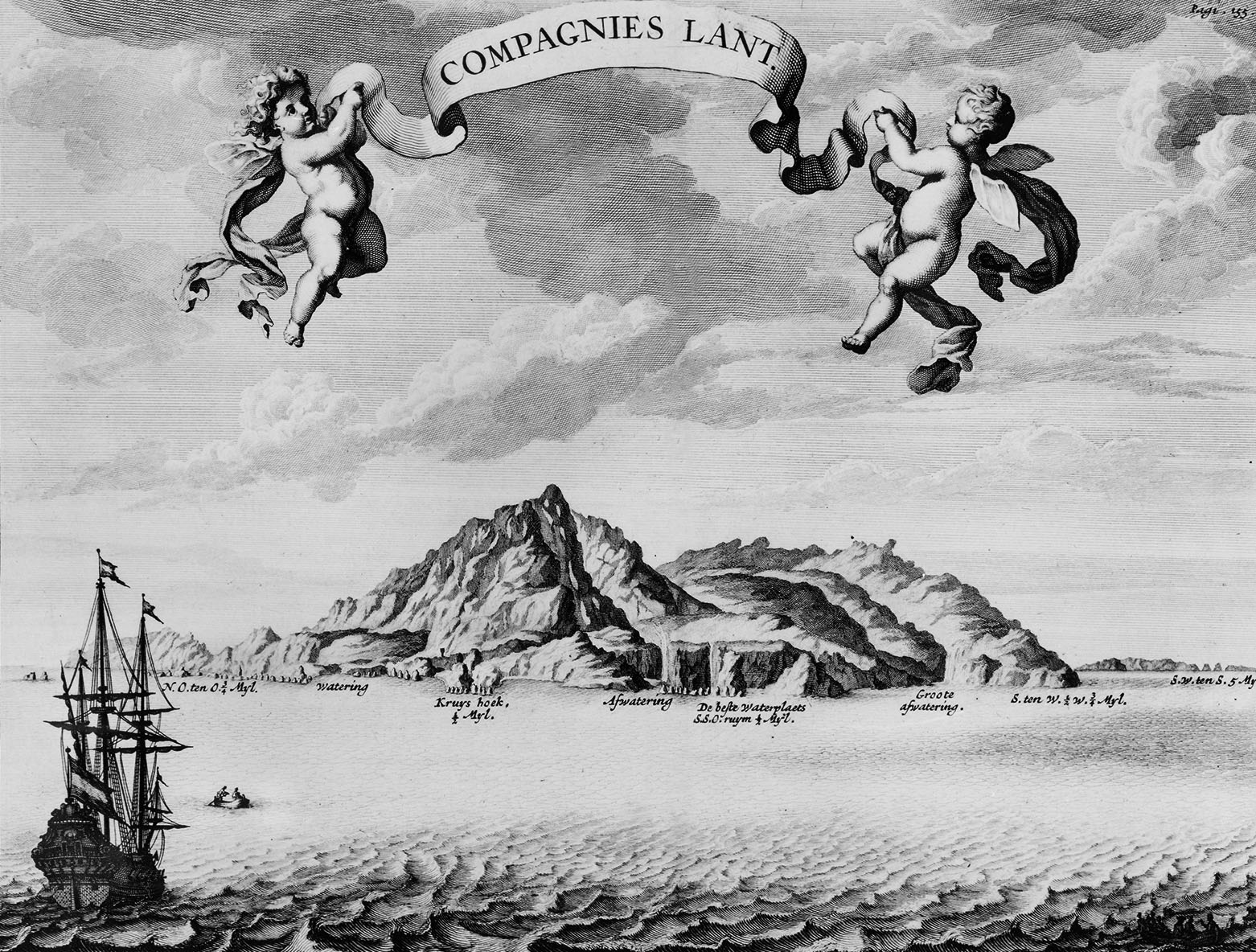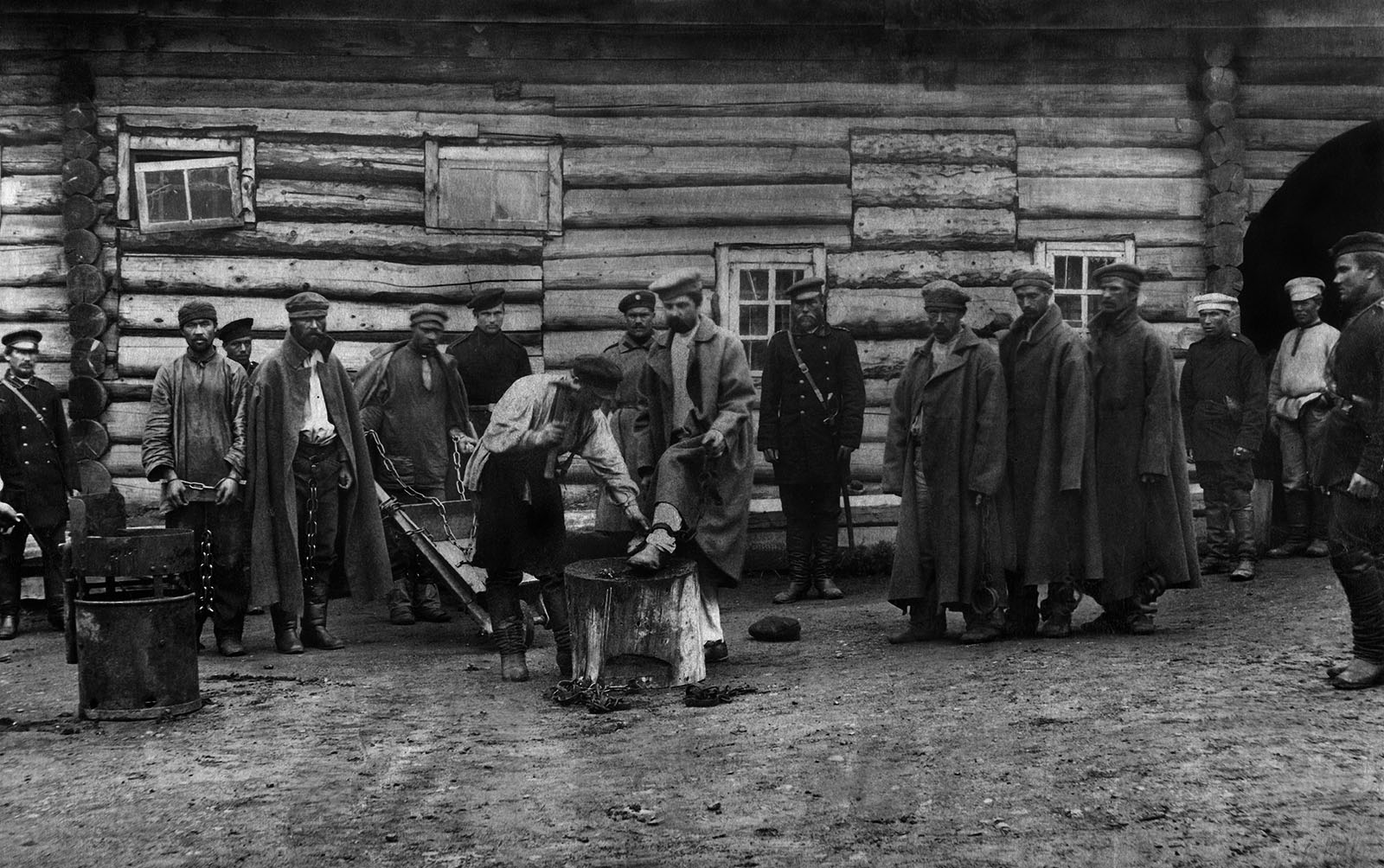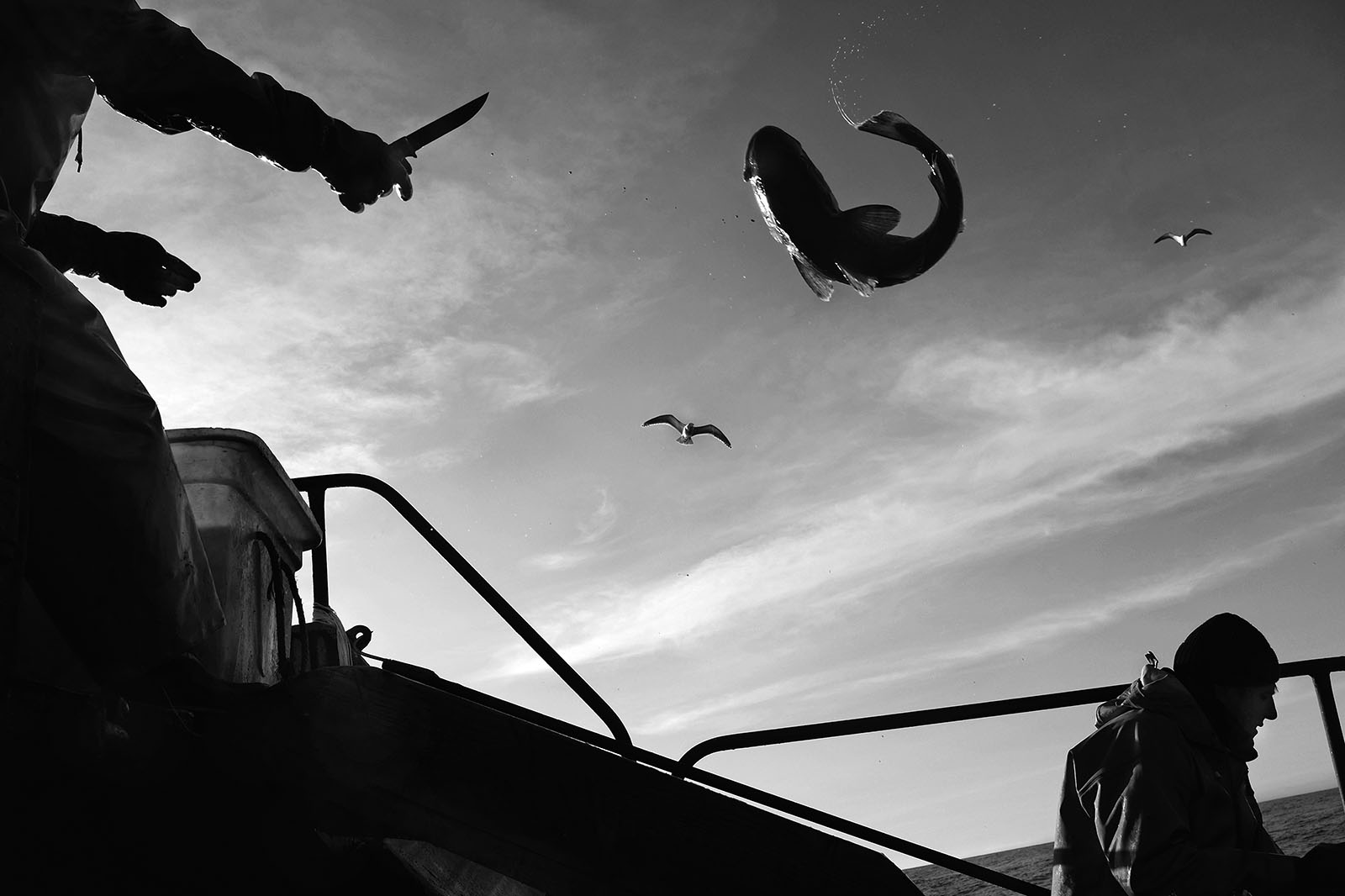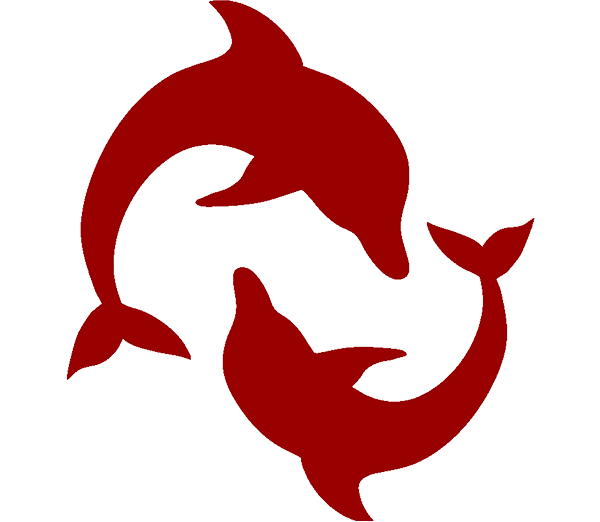Reference Point
The Sakhalin region stretches across 59 islands off the eastern coast of Russia. Most of these islands came under Soviet jurisdiction in September 1945, following an agreement drawn up at the Potsdam peace conference after the end of World War II. In the 1940s, about 300,000 Japanese citizens repatriated to Japan from Sakhalin and from the Kuril islands, while the number of Soviet residents grew from 70,000 to 450,000 people. Today, island residents lead a tough life mostly based around fishing, selling to markets in Russia and Japan. The disagreement over which country owns these territories continues to this day.
The photo book Calamity Islands contains historical and contemporary photographs, stories and opinions of island natives, collected by the documentary photographer Oleg Klimov over his several years at Sakhalin and the Kuril Islands.
The research uses quotes from the Anton Chekhov’s Sakhalin Island, as well as materials and photographs from the archives of the Moscow Literary Museum, Sakhalin Local History Museum, Anton Chekhov’s Sakhalin Island book’s museum, USA Library of Congress, and from media reports.
A comparative visual and social analysis of the local residents’ lifestyles, from the hard-labour times to modern day, is conducted at Sakhalin and the Kuril Islands – the continental Russia’s only island area.
Through topographically singling out the unique islands of the state that is nearly a continent, and enduing them with the qualities of Russia’s “social subconscious”, OIeg Klimov tries to explain the post-Soviet person’s behaviour and examine the causes of their ressentiment, confirming his conclusions with visual images.
The first European on Sakhalin Island
Marten Gerritsz Fries is fairly well-known around the Pacific, but unknown to people in the Netherlands. There are no statues and no stories about him in history books. In that respect, his life story fits seamlessly with the forgotten history of Sakhalin […]
The Dutch had already been active in Asia from 1596 on. They were triggered by rumours about gold and silver on two unknown islands, as reported by a Portuguese ship’s crew driven ashore earlier in the 1580s. Fuelled by this report, a gold rush started after 1611. Dutch espionage brought the story to the Netherlands […]
René Attema, Frisian historian, Harlingen, winter 2020
Why and How Anton Chekhov went to Sakhalin
It was reserved for the worst criminals: one of those areas of the Russian empire where the death penalty was still imposed for murder and other crimes. The island’s sole inhabitants were 10,000 convicts, a few of their family members, hundreds of officials in the prison system and the few thousand hunter-gatherer Nivkh aborigines who had survived the epidemics and atrocities inflicted by Russian colonisers […]
Donald Rayfield, writer and professor of Queen Mary University, London, spring 2020
The Homeland’s Morning
Then again, an island in the middle of the sea has always felt to us like an insufficiently reliable prison and life on it not quite severe a penalty for the crimes committed. This is the reason why we would build a hard-labour-island, chain people to barrows in which they moved coal, flog them with rods and deprive them of the right to as much as dream of freedom. […]
What are the humanitarian shifts seen over the civilisation’s technocratic period until our day? They are few. The aboriginals have become extinct or assimilated, their culture and language lost; the hard-labour island has turned into a shift-work island for the transcontinental corpora- tions; and the prisoners and hard labourers have been replaced by shift and guest workers ex- tracting fish, gas and oil. […]
Oleg Klimov, photographer, Sakhalin island, summer 2015
Downsides of an Empire
After 1945, Great-Britain, France and Holland indeed did try to avoid the collapse of their empires with military force and violence – all in vain, by the way. But after finally losing their colonies in Asia and Africa no overstretched empire went so far to turn back the clock of history as Russia is going since 2014. No former empire attempted to reconquer its main colony with military means as Russia did in 2022. […]
Hubert Smeets, Dutch historian and journalist, Amsterdam, spring 2022




